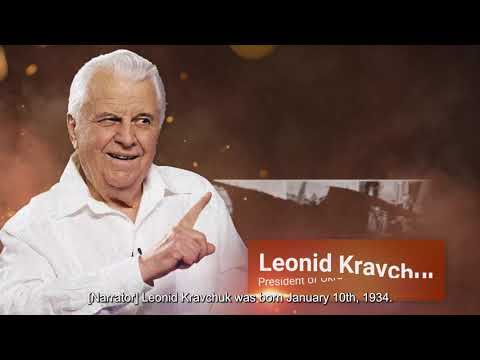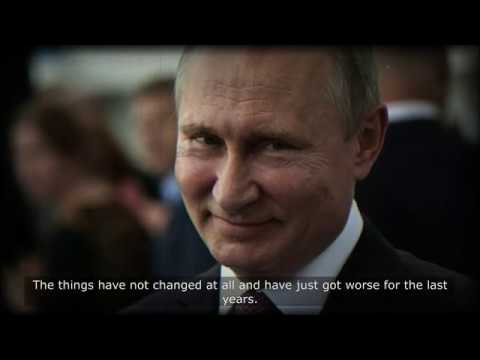
IN November 2013 Viktor Yanukovych, then the president of Ukraine, succumbed to Russian pressure and renounced an association agreement with the European Union that he and his predecessors had spent six years negotiating. Many Ukrainians thought their country’s best hope for transforming itself from a corrupt gangster state into an orderly democracy (or, as they put it, a “normal country”) had been sacrificed on the orders of Vladimir Putin, Russia’s president. Thousands set up camp on c’s Maidan, chanting “Ukraine is Europe”. Police attacked, touching off a cycle of protest and violence that ended in Mr Yanukovych’s flight to Russia, a new government—and the signing of the Ukraine-EU agreement.
Mr Putin then sent troops into Ukraine to win back Russian influence by stealth and force. He succeeded in seizing Crimea, splitting off a few rebel areas and embittering Ukrainians’ once-warm feelings towards Russia. Yet the Ukraine-EU association agreement is in trouble again (see article). This time the sticking-point is the Netherlands, the only one of the EU’s 28 members that has not ratified it.
Dutch Eurosceptics want to stop their government from doing so, and have gathered enough signatures to stage a referendum on April 6th. They argue that what Ukrainians call their “European choice” was actually imposed on them by Brussels. They describe Ukraine as a country “divided” between pro-European and pro-Russian regions; in fact, outside the rebel Donbas, the country has united against the Russian threat. They observe that the past two years have been an economic catastrophe, without acknowledging that it was Russia’s embargo and military interventions that did the damage.
The Dutch government and all the main parties are campaigning for a Yes vote in the referendum. Yet the polls point to a No. That would be a tragedy. Ukraine is torn between a corrupt oligarchy and a nascent reform movement; between a moribund post-Soviet economy and the promise of farm exports and computing services for the European market. If Ukraine really is to become normal, it needs Europe to meet it part-way. For that to happen, the Dutch need to vote Yes.
The Dutch worry about being tied to a large, poor, corrupt state (see article). When their leaders say that the deal involves little risk, they are reminded of similar promises before Greece was admitted to the EU. But the association agreement is overwhelmingly about trade. It does not allow Ukrainians to work in the EU. It refers to political and military co-operation, but without NATO-like obligations. Ukraine will need decades of reform before it could be a candidate for EU accession.


